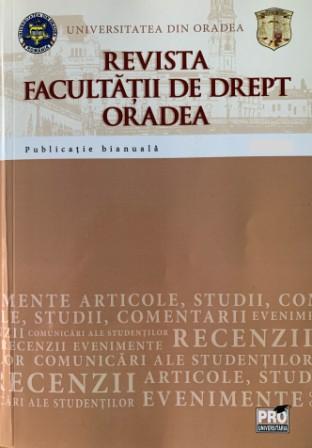PRIVACY PROTECTION AND ROBOCARE IN LONG-TERM CARE
PRIVACY PROTECTION AND ROBOCARE IN LONG-TERM CARE
Author(s): Mengxuan CHENSubject(s): Human Rights and Humanitarian Law, Social Informatics, ICT Information and Communications Technologies, Sociology of Law
Published by: Editura Pro Universitaria
Keywords: Long-term Care; Robocare; Right; Freedom; Privacy Assistive Robotics; Surveillance Technology;
Summary/Abstract: In the context of aging in industrial societies, long-term care (LTC) systems are on the agenda to ensure the basic rights of social protection for elderly people. Elderly people require constant care and support in all aspects of their daily life, and the lack of funding and the shortage of caregivers are making the importance of robotic care begin to emerge. At the beginning of the 21st century, the World Population Summit endorsed active aging, the World Health Organization (2002) as a major goal of health and social policy for elderly people176. As for human right protection, article 23 of the European Social Charter provides for the right of elderly persons to social protection, to enable elderly persons to remain full members of society for as long as possible. 177 On 26 May 2018 the World Health Organization (WHO) Member States adopted a resolution on improving access to assistive technology (AT) including assistive robotics (AR). It states that access to assistive technology is a human right and a precondition for equal opportunities and participation. Everyone is likely to need assistive technology during their lifetime, especially as they age. 178 People have the right and freedom to choose and maintain their independence in all circumstances, the protection of their privacy under surveillance technology is an important condition for ensuring their freedom, especially with the promotion and application of robocare in the LTC, the privacy and data protection of caregivers and care receivers become noteworthy issues. The aim of this article is to ensure the right, environment and safety of caregivers and care receivers in the collaborative robots (COBOT) environment, use literature analysis and comparative methods to analysis the issues of surveillance and tracking of robocare. The following research questions will be examined: 1. How robocare could impact the human rights and freedom of the caregivers and care receivers? 2. How to protect the privacy of persons in LTC under Surveillance technology?
Journal: Revista Facultății de Drept Oradea
- Issue Year: 1/2022
- Issue No: 2
- Page Range: 97-109
- Page Count: 13
- Language: English

